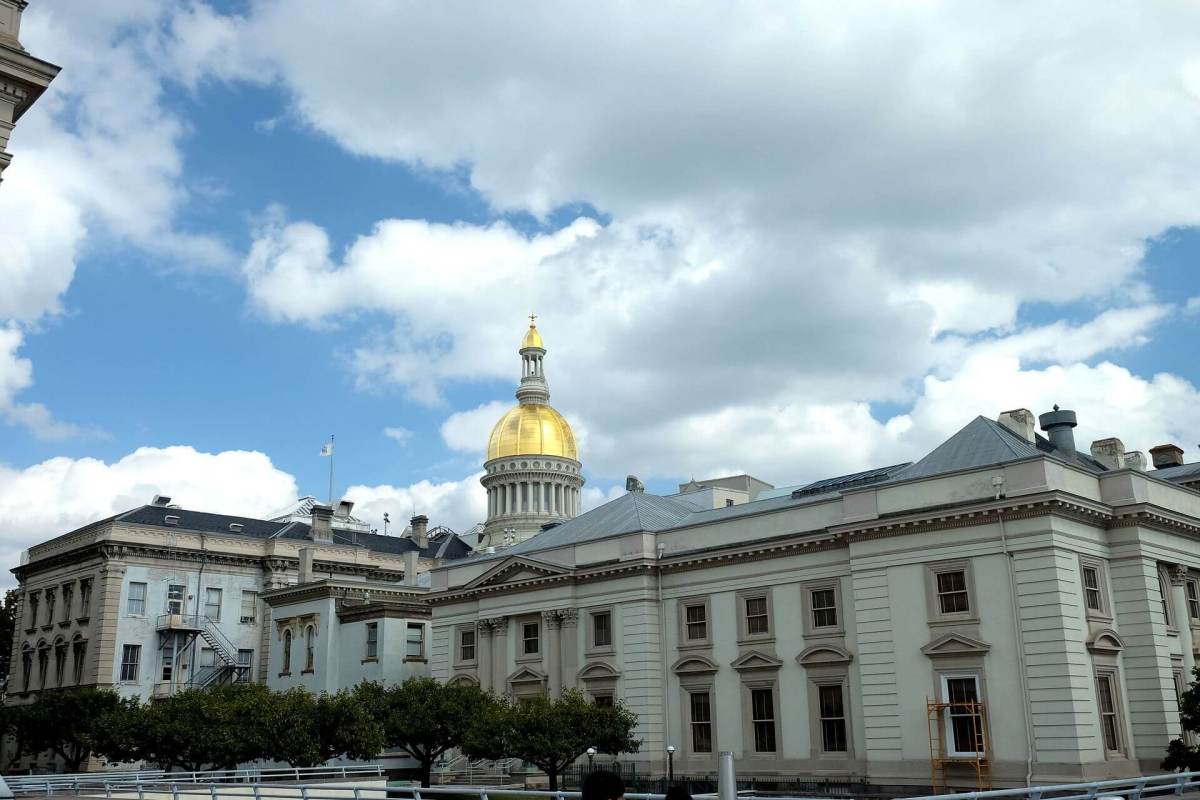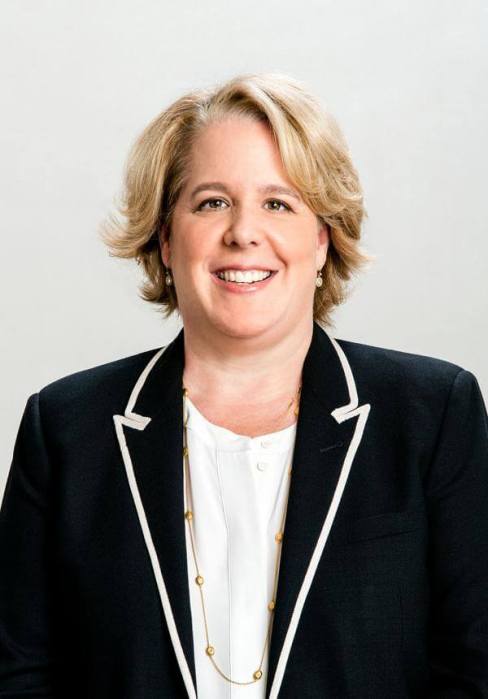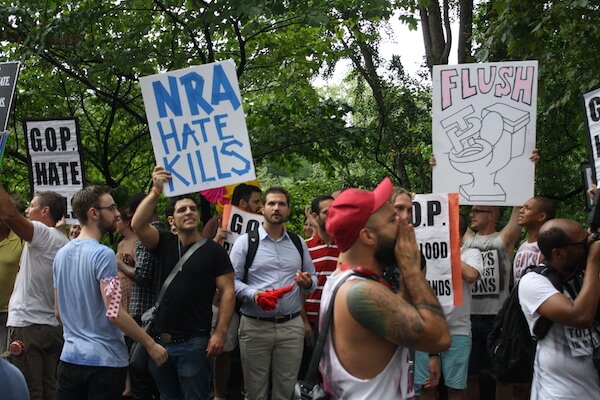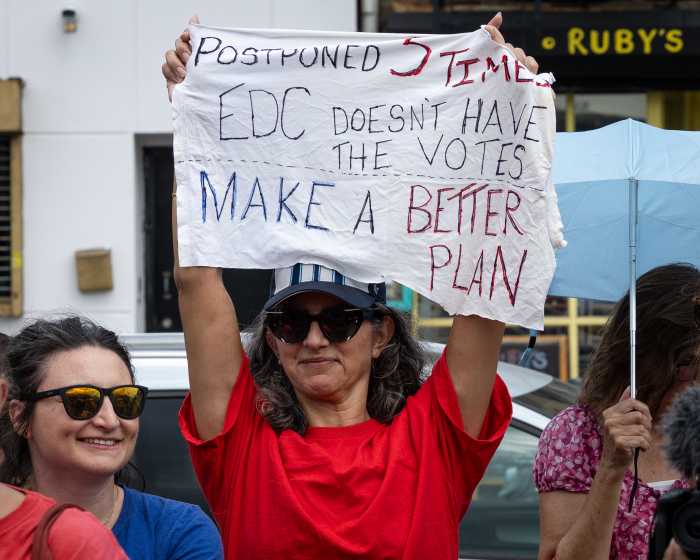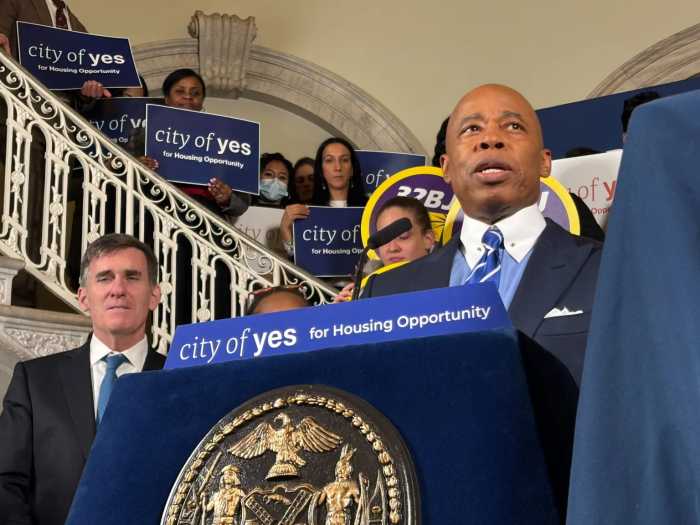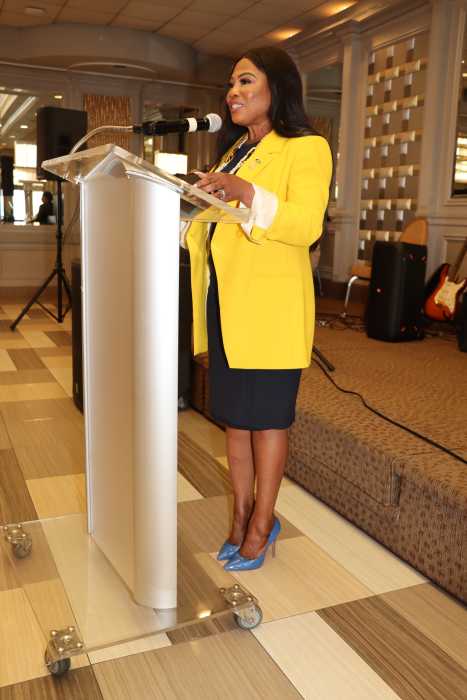In the face of growing anxiety over the Supreme Court’s conservative tilt, state lawmakers in New Jersey are moving quickly to pass marriage equality legislation.
The New Jersey Assembly’s Judiciary Committee unanimously passed a marriage equality bill on December 9 and the measure is expected to clear both houses of the State Legislature by the end of the year, according to Garden State Equality, a statewide LGBTQ advocacy group.
New Jersey established equal marriage rights through a 2013 state Superior Court ruling after Governor Chris Christie, a Republican, had previously vetoed a marriage equality bill. Following that court decision, an effort to codify marriage equality was unsuccessful because of criticism over religious exemptions in the legislation.
Two years later, the Supreme Court’s ruling in Obergefell v. Hodges extended marriage rights to the entire nation.
New Jersey residents are legally able to marry — like anyone else in the United States — but there is concern of a slippery slope that could emerge if the Supreme Court eviscerates Roe v. Wade or Planned Parenthood v. Casey, two landmark cases affirming abortion rights.
“We have talked about this a few times in the past with our legislative allies,” Lauren Albrecht, who serves as Garden State Equality’s policy consultant, told Gay City News in a phone interview December 13. “We can never be sure about anything. When it comes to equal rights for our community, we can’t leave it up for chance.”
Last year, Supreme Court Justices Samuel Alito and Clarence Thomas — two members of the emboldened conservative wing — ranted against marriage equality and reiterated their disdain with the Obergefell ruling, which has returned to the spotlight as abortion rights come under siege. During December 1 oral arguments for Dobbs v. Jackson Women’s Health Organization, a Mississippi abortion case, Justice Brett Kavanaugh raised some eyebrows when he posed a question about the tendency of the court to follow precedent.
“If you think about some of the most important cases, the most consequential cases in this court’s history, there’s a string of them where the cases overruled precedent,” said Kavanaugh, who cited cases such as Lawrence v. Texas, which overturned laws against same-sex sexual conduct. “If we think that the prior precedents are seriously wrong, if that, why then doesn’t the history of this court’s practice with respect to those cases tell us that the right answer is actually a return to the position of neutrality and — and not stick with those precedents in the same way that all those other cases didn’t?”
Some LGBTQ legal experts, however, say the community should avoid reading too much into Kavanaugh’s statements.
“The only reason Justice Kavanaugh mentioned Obergefell and Lawrence, along with Brown v. Board of Education, was to cite them as examples of cases in which the Supreme Court clearly did the right thing,” Shannon Minter, the legal director for the National Center for Lesbian Rights, told the Los Angeles Blade.
In any event, lawmakers are moving forward — and State Senate President Steve Sweeney hopes to pass the legislation in the upper chamber on December 20, according to Politico. Sweeney voiced his concern about the likelihood of “gut[ting]” Roe v. Wade, saying, “If they can do that, same-sex marriage can be the next thing.”
Assemblymember Valerie Vainieri Huttle of Bergen, who was the prime sponsor of a previous marriage bill in the state, is again spearheading the bill in the lower chamber.
“At the time, I received considerable backlash for my support of the LGBTQ community, as did many of my colleagues,” Huttle said in a written statement. “I am proud to once again be leading the charge to ensure that the rights of the LGBTQ community are safeguarded.”

